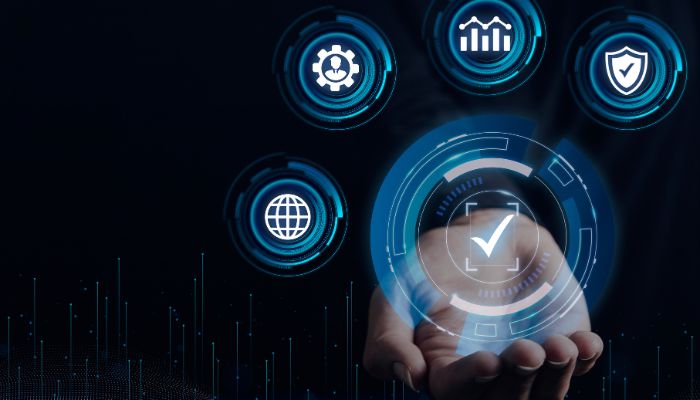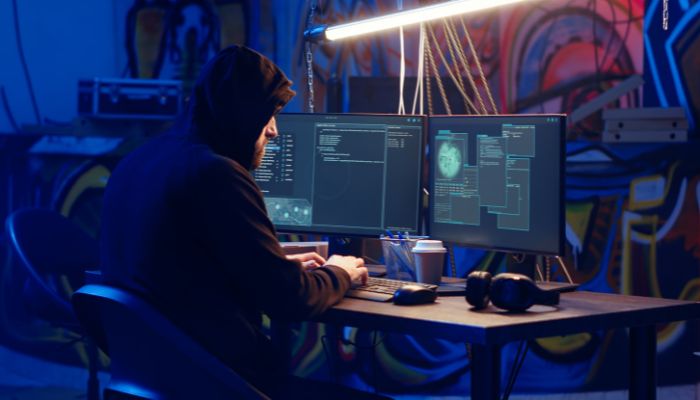In the fast-paced evolution of the digital age, Artificial Intelligence (AI) stands as a transformative force, reshaping industries across the board. One of the areas witnessing significant disruption is education. As AI permeates classrooms and online learning platforms, its impact on shaping the future of education is profound, with a key emphasis on preparing students for higher-level skills, particularly in creativity and innovation.
Traditionally, education systems have been structured around imparting knowledge and assessing retention through standardized testing. However, in today’s dynamic world, rote memorization alone is insufficient. Employers increasingly seek individuals with critical thinking, problem-solving, and creative abilities—skills that are pivotal for success in the rapidly evolving job market.
Here’s how AI is driving this transformation:
Personalized learning: AI algorithms analyze vast amounts of data to customize learning experiences based on individual needs and preferences. By understanding each student’s strengths, weaknesses, and learning pace, AI-driven platforms can tailor lessons and resources accordingly, maximizing engagement and comprehension.
Adaptive assessments: Traditional assessments often fail to capture the full spectrum of a student’s capabilities. AI-powered assessment tools go beyond multiple-choice questions, offering adaptive assessments that evaluate higher-order thinking skills, such as problem-solving and creativity. These assessments provide educators with deeper insights into student progress and areas for improvement.
Augmented teaching: AI tools assist educators by automating administrative tasks, such as grading assignments and managing course materials. This frees up valuable time for teachers to focus on providing personalized support and fostering creativity in the classroom. Additionally, AI-driven tutoring systems offer real-time feedback and guidance, enhancing the learning experience for students.
Curriculum enhancement: AI algorithms analyze global trends, emerging technologies, and industry demands to inform curriculum development. By integrating real-world applications and interdisciplinary approaches, educators can better prepare students for the complexities of the modern workforce. This forward-thinking curriculum equips students with the creative problem-solving skills needed to tackle future challenges.
Lifelong learning: The future of education extends beyond traditional classrooms, encompassing lifelong learning and professional development. AI-powered platforms offer personalized learning pathways for individuals seeking to acquire new skills or advance their careers. By leveraging AI, educational institutions can adapt to the evolving needs of learners throughout their lives.
Despite its transformative potential, the integration of AI in education comes with challenges, including privacy concerns, algorithmic bias, and the digital divide. Addressing these issues requires careful oversight, ethical considerations, and equitable access to technology.
As we embrace the future of education powered by AI, it’s crucial to recognize that technology alone cannot replace the human touch in education. While AI enhances efficiency and effectiveness, educators play a central role in nurturing creativity, empathy, and critical thinking—the quintessential skills for success in the knowledge economy.
In conclusion, the future of education lies at the intersection of AI and human ingenuity. By harnessing the power of AI to foster creativity and innovation, we can empower students to thrive in an ever-changing world, shaping a brighter future for generations to come.
References:
- Intelligent Classrooms: What AI Means For The Future Of Education | Forbes | Jun 2023
- Tips for Preparing Students for a Future With AI | GovTech | Sep 2023
- Preparing for the Future: How AI will Transform Education in 2024 | Eklavya
You might also be interested to read: Future Focus: Navigating the Future Job Horizon Top 5 Jet-Setting Careers in Commerce






